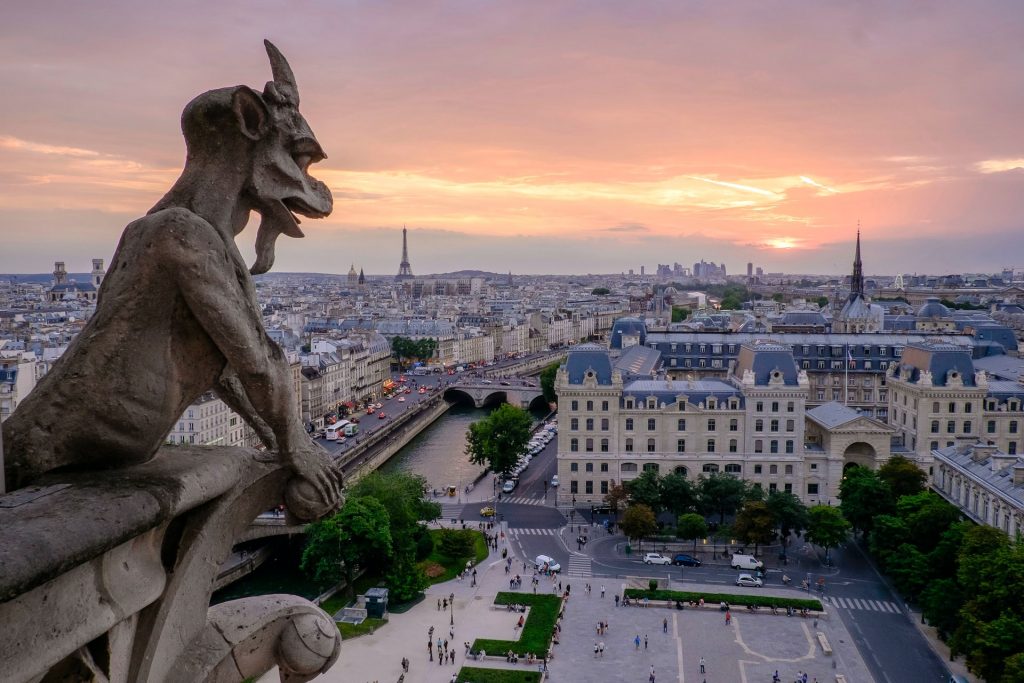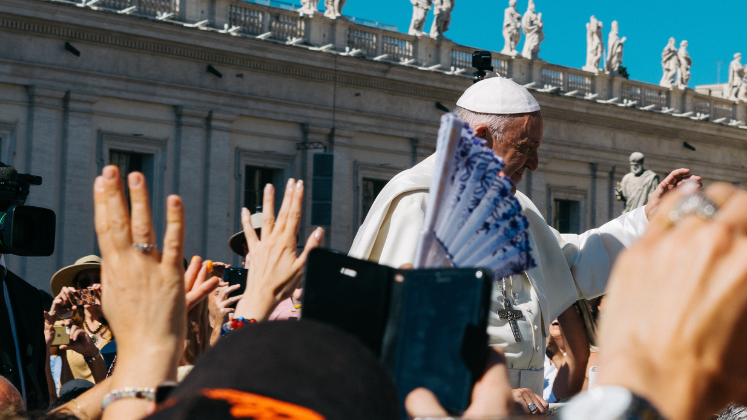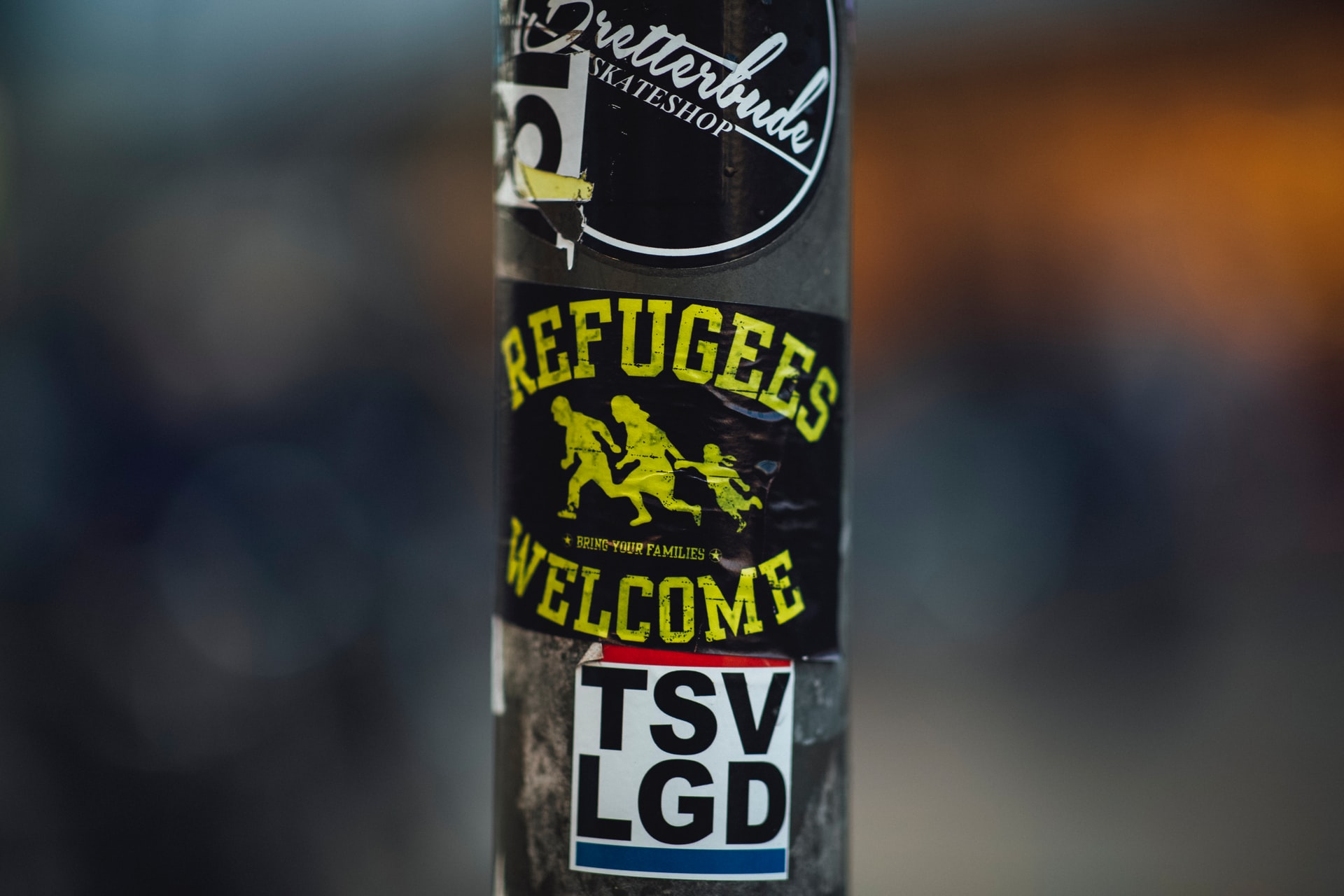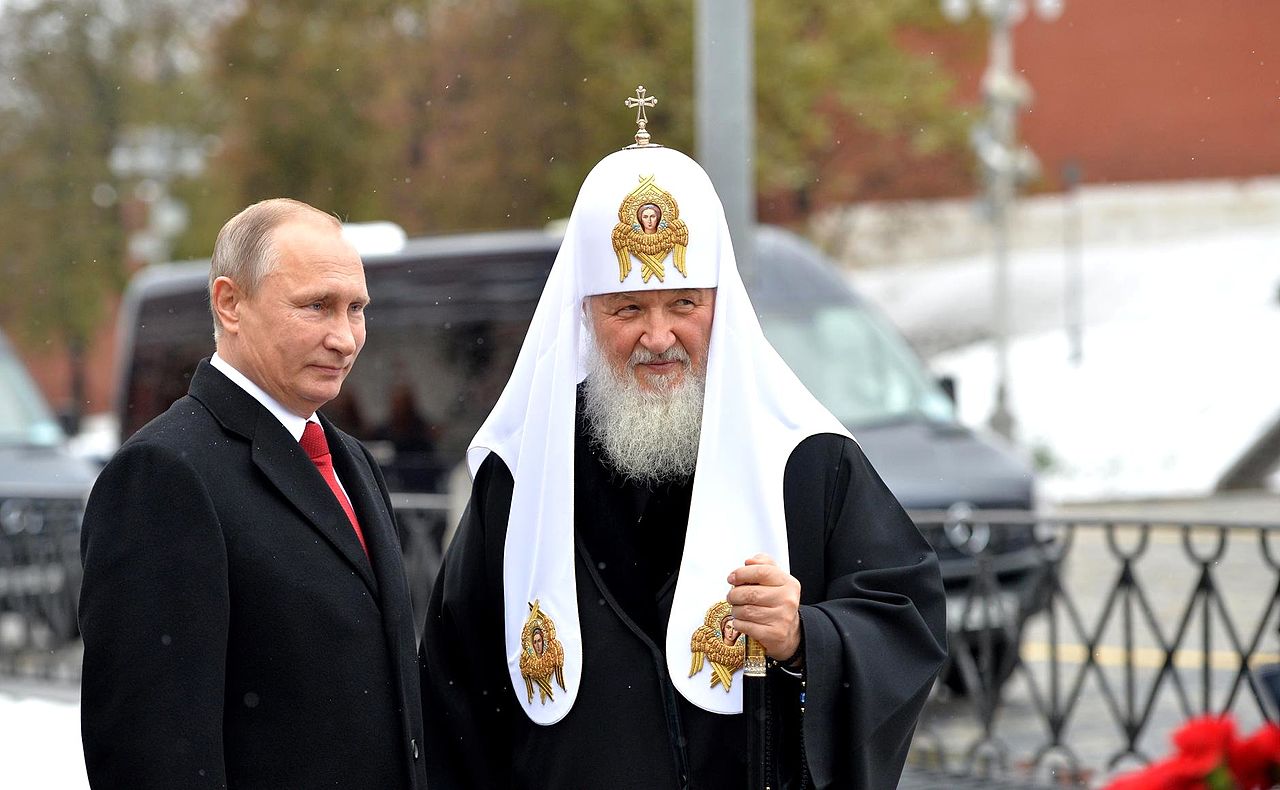The dis-integration myth suggests that secularism in France is in danger from below – that Muslims, specifically, refuse to integrate into French society, thereby threatening shared values. However, in this article, Dr Joseph Downing argues that the real threat is from above. Framed in the context of the upcoming presidential election in France, Downing explains how certain changes in the government’s regulation of Islam are responsible for the erosion of French secularism. This post is based on his recently published book, which can be found here.

The rise of Eric Zemmour, and his overtly anti-Isam and anti-immigration rhetoric has attracted headlines in the run up to the 2022 French presidential elections. Zemmour, of berber Jewish ancestry, has courted controversy in his attempts to rehabilitate the collaborationist Vichy regime, to the condemnation of some within the French Jewish community. He has also has three convictions for inciting hatred – one in 2018 for claiming that Muslims should choose between Islam and France.
His comments have perpetuated the “dis-integration” myth about Islam in France. The dis-integration trope goes that secularism is at risk from below – especially from French Muslims eroding republican values by refusing to “assimilate” into society – something I, amongst others, have argued is a fallacy. The fact that many more French Muslims serve in the security services of the secular republic than have ever joined violent extremist organisations, often participating in anti-jihadist operations in theatres of war such as the Sahel, should be enough of a fact to put this myth of a widespread, “dis-integrated” core of French Muslims to bed. Regrettably, in the realm of French politics, it does not.
However, none of this is unique to this presidential campaign – unfortunately religion, especially Islam, and the this dis-integration myth have featured repeatedly in presidential campaigns both in the fringe and the mainstream of French politics. This presents an empirical and theoretical challenge to France watchers – political policies and discourses rarely remain static, even when concerned with the same issue such as, in this case, Islam in France. Thus it is important to identify and understand what is new this time around in an effort to understand ways in which religion plays an important role in French politics. The novelty of this point in time is that, in contrast to the dis-integration myth (that secularism is threatened from below), recent policies pursued by President Macron and supported by those like Le Pen and Zemmour who are running against him, is the increased regulation of Islam and non-governmental organisations actually threatens secularism and laicite from above. This is because a state that prides itself on being separate from religion and religious affairs is increasingly willing to risk its neutrality to become involved in the affairs of religious groups, Islam in particular.
The State Increasingly Regulating NGOS
The first sense in which it could be argued that French secularism is at risk from intervention from above is in the way that the recently passed separatism law targets non-governmental organisations (NGOs). Forming associations is a fundamental right in France, and historically NGOs have been important organisations by which migrant groups, such as French Muslims, have integrated under a secular republic that is otherwise hostile to forms of ethnic and religious plurality. They have also been key conduits of state society relations, even taking part in European projects to valorise forms of ethnic and religious difference.
However, this has not always been welcomed by the state. During interviews for my PhD research, activists felt that cultural activities linked to North African or Muslim groups faced greater scrutiny for their activities than those dealing with European cultural minorities present in France, such as the Portuguese. New to the current political context is the formalisation of this under the pre-text of the recently adopted “separatism law”. While not specifically mentioning Islam by name, the law has been seen to specifically target Islamic religious organisations. Formulated in the context of a wave of jihadist attacks in France, in my opinion the separatism law operationalises an out-of-date conception of radicalisation, putting mosques and NGOs at the core of the radicalisation process although it had been argued as early as 2013 as “quasi-impossible” to become radicalised in a mosque in France.
Thus, the French state could better deploy its resources towards the online sphere, a far more frequent occurrence in the extremely diverse biographies of French Jihadists than any engagement with NGOs or Mosques. The current very narrow focus on identifying someone online as a means to threaten their life mis-understands the ubiquitous role of the online sphere in spreading radical messages, including closed network messaging services such as telegram.
The State Regulating French Islam
A second means by which secularism is at risk from above by the French State concerns the question of leadership in the French Muslim community and the paradox of an overtly secular state getting involved in creating a “national” religion in a “French Islam”. This has long roots, when as early as 2003 Nicolas Sarkozy established the French Council of the Muslim Faith (Conseil français du culte musulman) to serve as a interlocutor between the French state and Muslims in the country. This is nothing unique either to religions in France (similar Protestant and Jewish organisations exist) nor unique to France more generally (Britain and Belgium have similar organisations). What is new here is a much more muscular approach – not simply to create an organisation to represent Islam to the secular state, but rather an organisation that seeks to remake Islam in France, following Macron’s side-lining of the longstanding French Council of the Muslim Faith and replacing it. This was justified by the rhetoric of foreign influence on Islam in France, but the name also hints at a longer term trend espoused by Macron to create a “French Islam”.
A justification for this has been the discussion of foreign influence (particularly from North African states Morocco and Algeria) on Islam in France. However, states such as Morocco, Algeria and Turkey, all involved in French Islamic organisations, are ironically also involved in the same fight against radical Islamic jihadism and have significant security partnerships with France, even foiling a terror attack owing to Moroccan intelligence.
What is more worrying about Macron’s intervention is the idea that a secular state moves from interacting with a religion to trying to be a vanguard in remaking it. While Macron has found a range of partners to work on this, I argue it is unnecessary for a number of reasons.
Firstly, religion resists such state-led, national homogenisation – Sunni Islam in particular, encompassing most French Muslims, is historically diffuse in doctrinal direction between the various centres of learning in the MENA region. This is further complicated by various regional contexts and “folk” forms of Islamic practice such as Sufism.
Secondly, “French Islams” in the plural are emerging organically and overwhelmingly unproblematically as the 2nd, 3rd and 4th generations of French Muslims relate to their faith in the French context. Yes, violent radicalisation exists here, but it is important to keep this in perspective, with French scholars detailing radicalisation being an “ultra-minority” phenomena among French Muslims.
Perhaps more importantly than the specifics of these proposals, this attempt of a state to remake a religion erodes the neutrality and secularism of the French state. As French elections draw nearer, it is important to look deeper into the debates about the threats to secularism from below and consider the way the politicians’ political debates about Islam erode French secularism from above.
Note: This piece gives the views of the author, and not the position of the LSE Religion and Global Society blog, nor of the London School of Economics. This post is based on Downing’s recently published book French Muslims in Perspective available here.





